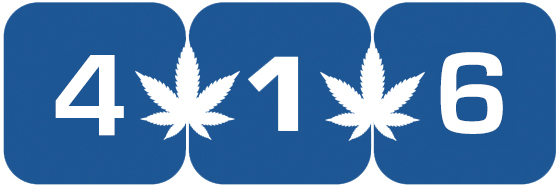By Paul Derienzo
Top-level federal researchers and bureaucrats, as well as grass-roots activists in drug-ravaged urban communities, have discovered ibogaine, the controversial drug that advocates tout as an “addiction interrupter” and one scientist calls a “probe into the inner workings of the human brain.”
Derived from iboga, an hallucinogenic plant of the West African rainforests, ibogaine is illegal in the USA. But addicts have been successfully treated with the drug in programs run overseas by private outfits, which are now pressuring the federal government to legalize the treatment.
The ibogaine controversy was aired at a March 8 conference in the Washington suburbs called by the National Institute on Drug Abuse. Amidst heated debate between pro and anti-ibogaine factions, Frank Vocci, deputy director of NIDA’s Medications Development Division, expressed misgivings over human ibogaine testing conducted in Europe, Israel and Panama, and the reliance on “anecdotal evidence” of its efficacy in interrupting heroin and cocaine withdrawal symptoms. He concluded, however, that ibogaine research is “here to stay.”
Dr. Carlo Contoreggi of NIDA’s Division of Intramural Research said “even if ibogaine is slowed down, it’s too late to stop it. They know it works. NIDA views it as a fascinating window into the human brain, a probe to the farthest reaches of addictive behavior.”
Howard Lotsof, who heads NDA International, the company that holds the ibogaine-therapy patents, summarized the 60 treatments his group has performed, mostly in Holland. Lotsof characterized the drug’s effectiveness as “15 percent success, 15 percent failure, with the length of interruption in everyone else falling somewhere in between on a bell curve.”
Among the strongest ibogaine advocates at the conference was Dr. Deborah Mash of the University of Miami Medicine School’s Neurology Department, who is conducting the first FDA-sanctioned human testing (“FDA Approves Ibogaine Research on Humans,” Jan. ’94 …
Read More
Author: High Times / High Times







